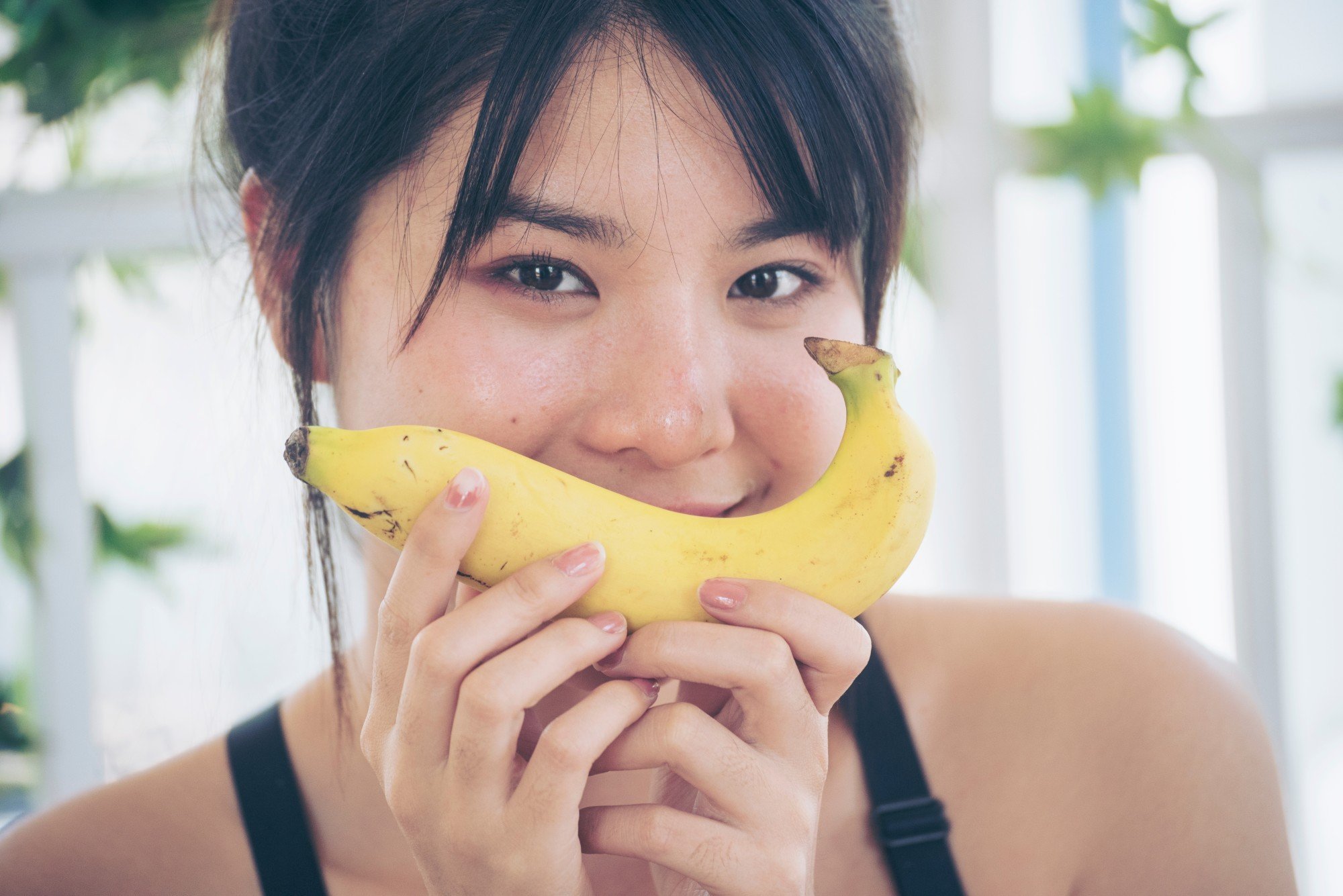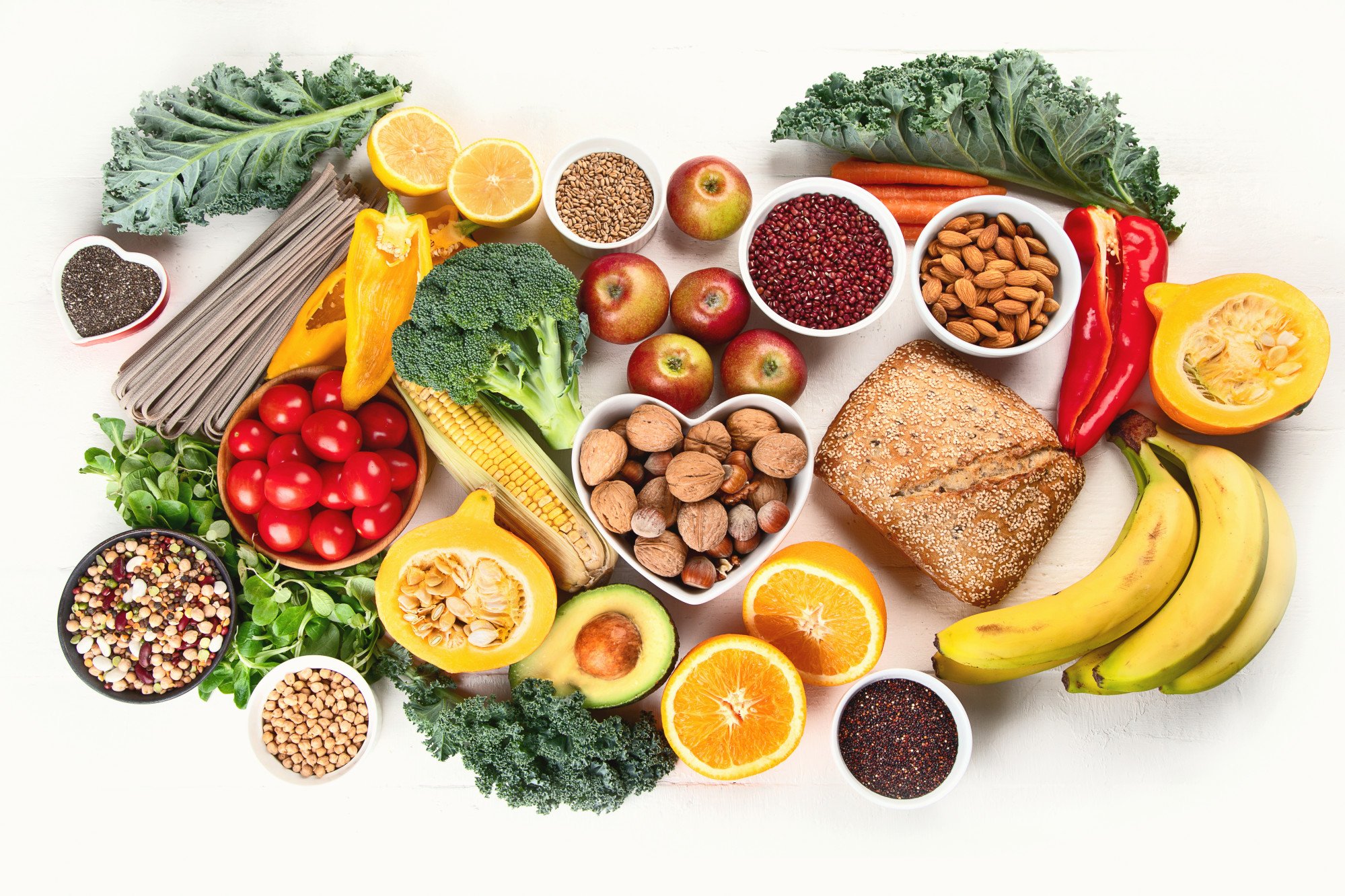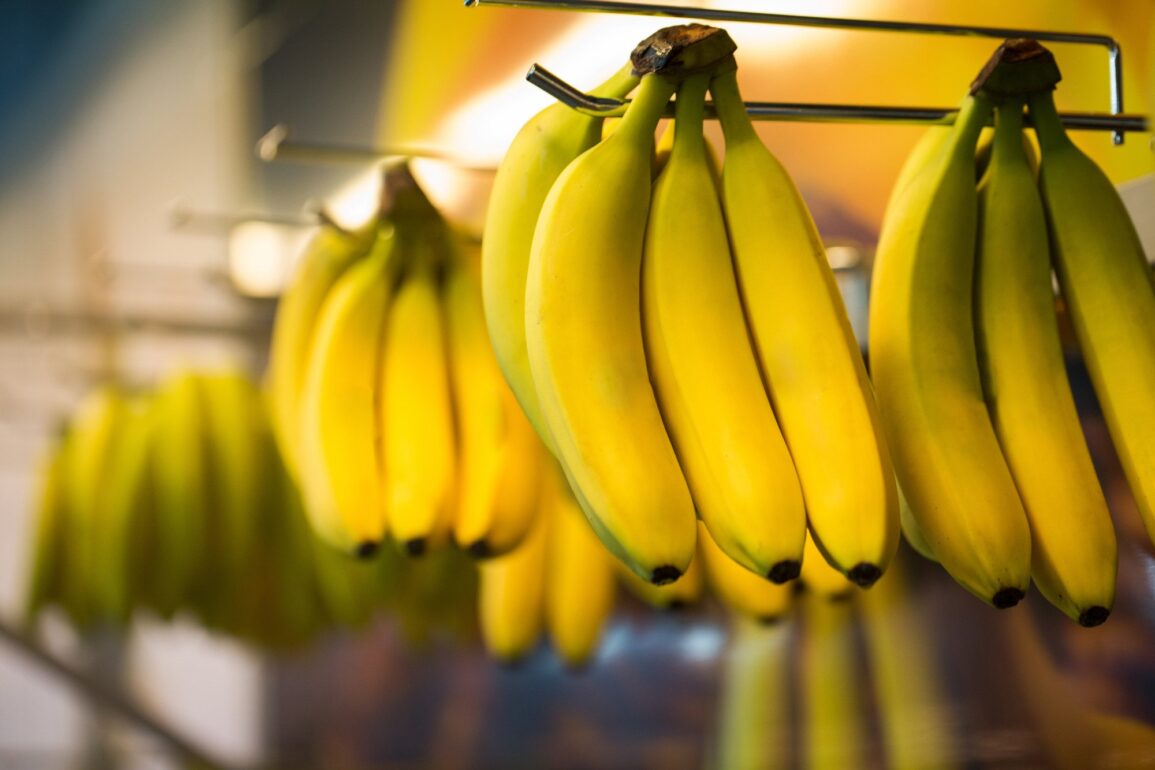The diet’s appeal lies in its flexibility and simplicity. The official website says followers can start their day by eating as many bananas as they like for breakfast, and drinking room-temperature water.

The diet also allows one snack a day, preferably Japanese confectionery or chocolates.
Want to live longer? 10 diet secrets of people living longest and healthiest
Want to live longer? 10 diet secrets of people living longest and healthiest
There are no recommended strict meal plans; for lunch and dinner, followers can eat what they like – apart from the restricted items. However, it is advised not to eat anything after 8pm, and not to have alcoholic or caffeinated drinks. Water is the suggested beverage of choice.
Those following the diet should stop eating when they are 80 per cent full – a principle in keeping with the ancient Japanese concept of hara hachi bun me. Residents of Okinawa – one of the world’s five Blue Zones, where residents are known to live to 100 years or beyond – practise this.

Nutritionists say the heart of the morning banana diet is healthy eating habits such as portion control, and eating nutritious foods while avoiding unhealthy ones.
Can a juice cleanse really reset your body? Experts weigh in
Can a juice cleanse really reset your body? Experts weigh in
“The diet is premised purely on common sense and a traditional Japanese lifestyle, which is considered healthy,” says Delhi-based nutritionist Ruchika Sodhi.
Like any other diet, its success depends on an individual’s overall lifestyle, metabolism and physical activity levels.
“While it might be a good kick-start to a weight-loss journey, long-term success necessitates a more inclusive approach, like the inclusion of regular exercise and a balanced and diverse diet for optimal benefits,” Sodhi adds.

As bananas are rich in fibre and nutrients, they offer a healthy morning boost of energy while contributing to a sustained feeling of fullness – potentially curbing excessive food consumption, she says.
“Bananas are a good source of potassium and soluble and insoluble fibre, which regulates body fat, fights toxins and energises the body. The fruit is also very low in cholesterol, sodium and saturated fats,” she adds.
The fruit’s fibre, she explains, bulks up in the stomach, triggering a longer feeling of satiety. Bananas also have resistant starch, which begins to ferment in the digestive tract, she says, and accelerates fat burning.
Freeze your nuts, eat green bananas: 10 ways to max out nutrients in food
Freeze your nuts, eat green bananas: 10 ways to max out nutrients in food
Sodhi recommends consulting a healthcare professional before making significant changes to one’s diet and eating bananas daily.
Follow the diet only after this, “to ensure that your weight-loss journey is safe, sustainable, and customised to your individual needs and health requirements”.
Since bananas are also loaded with sugar, diabetics should avoid the diet, Sodhi says. An average banana has about 120 calories, so overindulging may result in weight gain instead of loss.

New Delhi-based homemaker Sushma Gupta, 33, who lost 8.5 kilograms (18.7 pounds) in a year by following the banana diet after her second pregnancy, says that it “worked wonders” for her.

Adopting the diet not only helped her lose weight, she says, but also helped improve her overall lifestyle, which had lacked discipline.
Inspired by her weight-loss success, two of Gupta’s friends also started following the banana diet – but could not maintain it.
“They gave up after two weeks. The diet seems simple, but what it actually entails is a lifestyle modification, which some people find tough to adhere to,” Gupta says.
Short, intense workouts can be as healthy as 30 minutes of daily exercise
Short, intense workouts can be as healthy as 30 minutes of daily exercise
“However, those who persevere are richly rewarded.”
This post was originally published on this site be sure to check out more of their content








